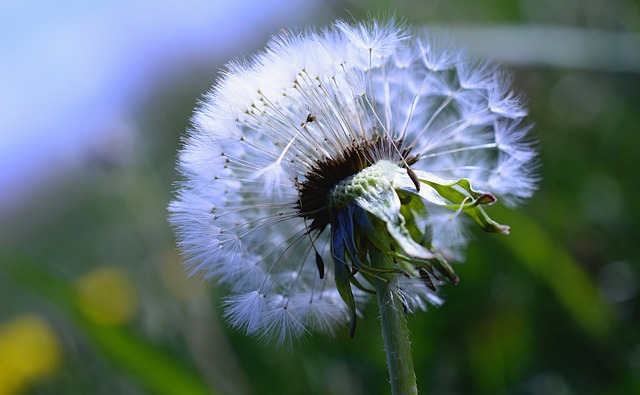2023 analysis confirms that THCA, a non-psychoactive cannabinoid found in hemp and cannabis, holds a complex legal status in Alabama. While the state's Compassionate Care Act permits certain CBD and THC derivatives for medical use, it does not explicitly address THCA. This creates a gray area where THCA, despite its potential health benefits and non-intoxicating nature, is technically classified as a Schedule I substance under Alabama law. The 2018 Farm Bill and Alabama's Industrial Hemp Research Pilot Program have made hemp-derived products with less than 0.3% THC legal at the federal and state levels, but "smokable marijuana," which may include THCA flower if not decarboxylated into THC, is explicitly prohibited. This means that while THCA itself is not directly addressed in Alabama's medical cannabis laws, its legal status can vary by local jurisdiction, making it crucial for consumers to stay informed and cautious about the use of THCA products within the state. Users should consult with healthcare providers and be aware of the evolving regulatory landscape to ensure compliance with current laws when considering THCA as part of their wellness routine.
Exploring the nuanced effects and regulatory landscape of THCA flower, this article sheds light on its emergence as a significant cannabinoid and its legal standing in Alabama. With a focus on understanding THCA’s properties and potential side effects, we delve into the science behind its consumption, emphasizing dosage and safety considerations. Comparing THCA to other cannabinoids, we provide an in-depth analysis of what sets it apart. Additionally, we offer a comprehensive overview of the regulatory framework governing THCA in Alabama, ensuring readers are well-informed on this evolving topic within the legal context of the state.
- Understanding THCA Flower and Its Legal Status in Alabama
- The Emergence of THCA as a Prominent Cannabinoid
- Potential Side Effects of THCA Flower Consumption
- Dosage and Safety Considerations for THCA Flower Use
- How THCA Differs from Other Cannabinoids: An In-Depth Analysis
- Regulatory Framework Governing THCA in Alabama: A Comprehensive Overview
Understanding THCA Flower and Its Legal Status in Alabama
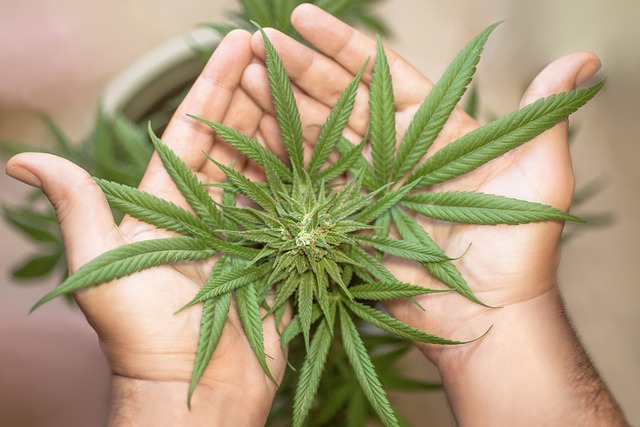
THCA, or Tetrahydrocannabinolic Acid, is a non-psychoactive compound found in the Cannabis sativa plant that is believed to hold potential therapeutic benefits. As research continues to evolve, there is growing interest in the properties of THCA, particularly in states where cannabis legislation has evolved. In Alabama, the legal status of THCA flower is distinct from its psychoactive counterpart, THC. While possession and use of cannabis products containing delta-9-THC are prohibited under federal and state law except for certain medical conditions with a prescription, THCA exists in a unique regulatory space due to its non-intoxicating nature at the levels typically found in raw cannabis flower.
The nuances of Alabama’s laws can be complex, as they differentiate between various cannabinoids and their derivatives. As of my knowledge cutoff in 2023, hemp-derived products containing less than 0.3% THC are legal under the 2018 Farm Bill and the Alabama Industrial Hemp Research Pilot Program. This includes THCA found in hemp, which is often consumed raw due to its non-psychoactive properties. However, it’s important for consumers to be aware of the specific regulations within their local jurisdictions within Alabama, as state laws can be more restrictive than federal guidelines. Always refer to the most current legal guidance before purchasing or using THCA products to ensure compliance with state and federal laws.
The Emergence of THCA as a Prominent Cannabinoid
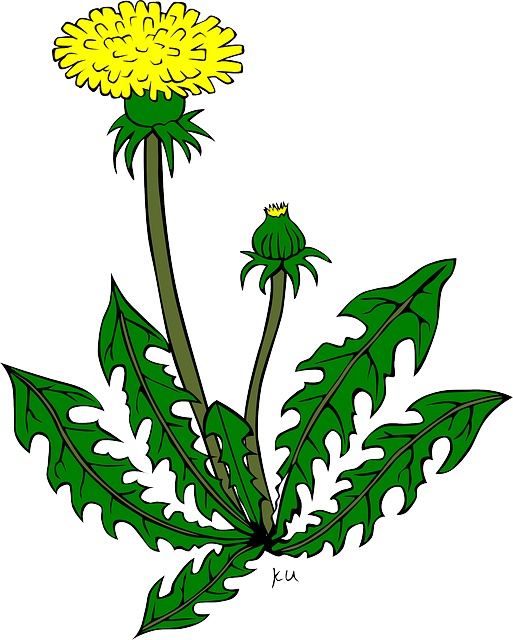
The non-psychoactive cannabinoid THCA, or tetrahydrocannabinolic acid, has gained significant attention within the medical and recreational cannabis communities for its potential therapeutic benefits. As research continues to unfold, THCA is being recognized for its unique properties distinct from its psychoactive counterpart, THC. Initial studies suggest that THCA may offer a broad range of health advantages without the psychotropic effects, making it an attractive option for those seeking the therapeutic potential of cannabinoids.
In the context of legal status, THCA’s regulatory landscape is evolving. For instance, in Alabama, the legalities surrounding THCA are subject to strict guidelines. The Alabama Compassionate Care Act allows for the use of CBD and certain THC derivatives for medical purposes under a licensed healthcare provider’s recommendation. As of my knowledge cutoff in early 2023, THCA itself is not explicitly mentioned in Alabama’s cannabis legislation. However, as understanding of its potential benefits grows, there is a push for clarification on its legal status within the state. This has led to increased interest among Alabaman residents and healthcare providers, particularly given THCA’s promising profiles in preliminary studies. As such, the emergence of THCA as a prominent cannabinoid is not only scientific but also legislative, with ongoing dialogue about its place in legal frameworks across the United States, including Alabama.
Potential Side Effects of THCA Flower Consumption

THCA, or Tetrahydrocannabinolic Acid, is a non-psychoactive cannabinoid found in the cannabis plant that is often converted into THC, its more well-known psychoactive form. As interest in cannabinoids grows, so does the curiosity around THCA’s effects. In Alabama, where the legal status of cannabis derivatives can be complex and subject to change, understanding the potential side effects of THCA flower consumption is crucial for anyone considering its use.
Reported side effects from THCA flower consumption are generally mild, especially when compared to its psychoactive counterpart, THC. Users may experience dry mouth or eyes, dizziness, increased anxiety, or slight paranoia, which tend to subside as one acclimates to the compound. While these effects are less pronounced than with THC, they are not absent and should be considered when assessing the safety profile of THCA flower, particularly in states like Alabama where its legal status can vary depending on the specific laws and interpretations at any given time. It is important for users to approach THCA flower with caution, especially if they have pre-existing health conditions or are taking other medications, as interactions may occur. As with any substance, individual reactions can differ, making it essential to start with a low dose and observe how one’s body responds before increasing usage.
Dosage and Safety Considerations for THCA Flower Use
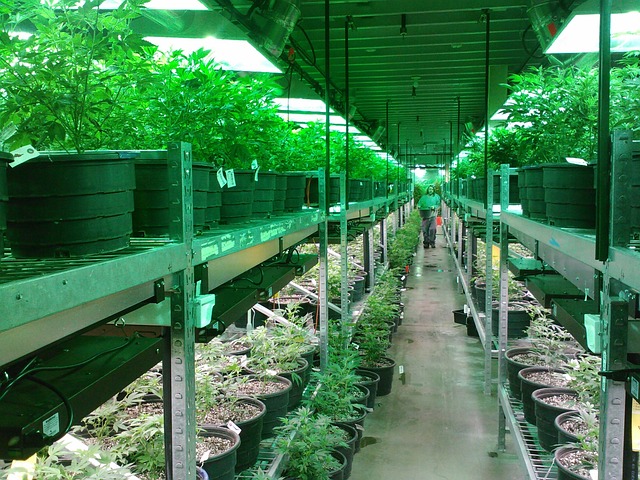
THCA, or tetrahydrocannabinolic acid, is a non-psychoactive cannabinoid found in hemp and cannabis plants. As interest in its potential health benefits grows, users in states with legalized hemp derivatives, such as Alabama under certain provisions, are exploring the use of THCA flower. When considering dosage for THCA flower, it’s crucial to start low and go slow; this means beginning with a small dose and assessing how your body reacts before increasing the amount. Safety considerations for THCA flower include understanding the legal status in your area, as laws vary by state and federal regulations. In Alabama, users must adhere to the state’s hemp program guidelines to ensure compliance with the law. It’s also important to be aware of personal health conditions and potential interactions with other medications. Consultation with a healthcare provider is recommended before incorporating THCA flower into your wellness routine, particularly if you are pregnant or breastfeeding, as the effects on these groups are not well studied. Monitoring dosage and effects will help in maintaining a safe experience while exploring the potential benefits of THCA flower. Users should also be mindful of their source, ensuring that the product is from a reputable supplier to avoid contaminants or mislabeled products, which could lead to adverse reactions.
How THCA Differs from Other Cannabinoids: An In-Depth Analysis
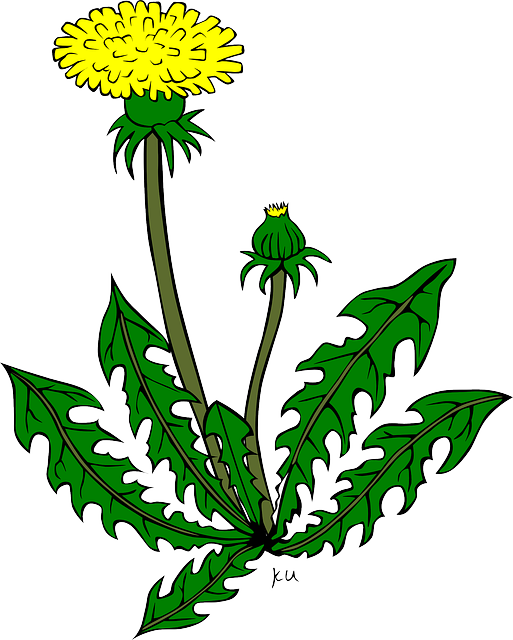
Delta-9-tetrahydrocannabinolic acid (THCA) is a natural cannabinoid found in the Cannabis sativa plant, which exists in its raw form before being decarboxylated to produce the more commonly known psychoactive compound, delta-9-tetrahydrocannabinol (THC). Unlike THC, THCA does not induce intoxicating effects, making it a subject of interest for those seeking therapeutic benefits without the high. This distinction is particularly relevant in discussions about the legal status of cannabis derivatives, such as in Alabama where THCA’s legal standing may differ from that of its psychoactive counterpart.
The molecular structure of THCA includes an additional acid group, which gives it a unique set of properties distinct from other cannabinoids like CBD (cannabidiol) and CBN (cannabinol). THCA interacts with the body’s endocannabinoid system through its receptors, potentially offering therapeutic benefits such as anti-inflammatory, neuroprotective, and analgesic properties. In Alabama, where legalities are specific to certain cannabis derivatives, understanding how THCA fits within these regulations is crucial for compliance and safety. Legal clarity around THCA in Alabama may influence the way researchers and consumers approach its use, given its potential wellness applications and its differentiated legal status compared to other cannabinoids. This nuanced aspect of cannabis law underscores the importance of staying informed on regional regulations when discussing or utilizing cannabinoids like THCA.
Regulatory Framework Governing THCA in Alabama: A Comprehensive Overview
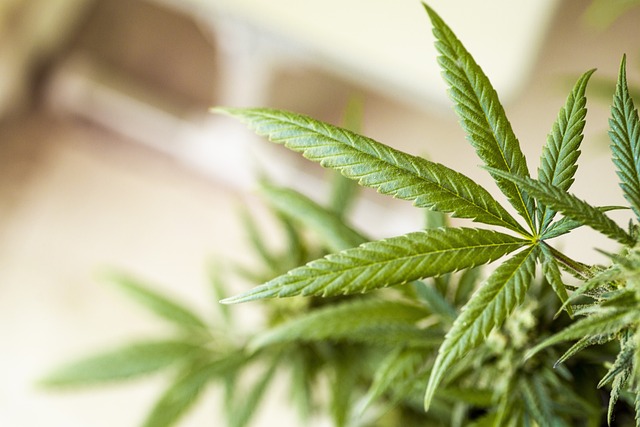
In Alabama, the regulatory framework surrounding the possession, sale, and cultivation of THCA flower is governed by state laws that have been shaped by both legislative action and judicial interpretation. As of the knowledge cutoff in 2023, THCA, or Tetrahydrocannabinolic Acid, a non-psychoactive precursor to THC found in raw cannabis, exists in a legal gray area. The Alabama Compassionate Care Act permits the use of CBD and THC for medical purposes under a doctor’s recommendation and registration with the Alabama Department of Public Health. However, this act specifically excludes “smokable marijuana,” which may or may not include THCA flower preparations. It is important for individuals considering the use of THCA products to consult the latest state regulations, as interpretations and enforcement of these laws can evolve over time.
Understanding the nuances of Alabama’s legal landscape for THCA requires a careful review of both state statutes and case law. The Alabama Controlled Substances Act classifies THCA alongside other cannabinoids under Schedule I substances, reflecting its restricted status. Yet, there have been legal precedents that differentiate raw cannabis flowers containing THCA from those containing THC, often leading to a distinction based on the maturity of the plant and whether the THCA has been decarboxylated into THC. This intricate balance between state law and judicial rulings means that the legality of THCA flower in Alabama is subject to ongoing legal interpretation and may vary by jurisdiction within the state.
In conclusion, the exploration of THCA flower’s potential side effects and its evolving legal landscape in Alabama underscores the need for cautious consideration within the regulatory framework. As THCA continues to emerge as a significant cannabinoid, understanding its distinct properties compared to other cannabinoids is crucial for consumers and healthcare professionals alike. The safety considerations for THCA flower use highlight the importance of adhering to recommended dosages and being aware of its effects, particularly in the context of Alabama’s specific legal guidelines regarding its possession and consumption. Navigating the intersection of science, medicine, and law in relation to THCA legal status in Alabama is an ongoing process that demands attention and responsibility from all stakeholders involved.
